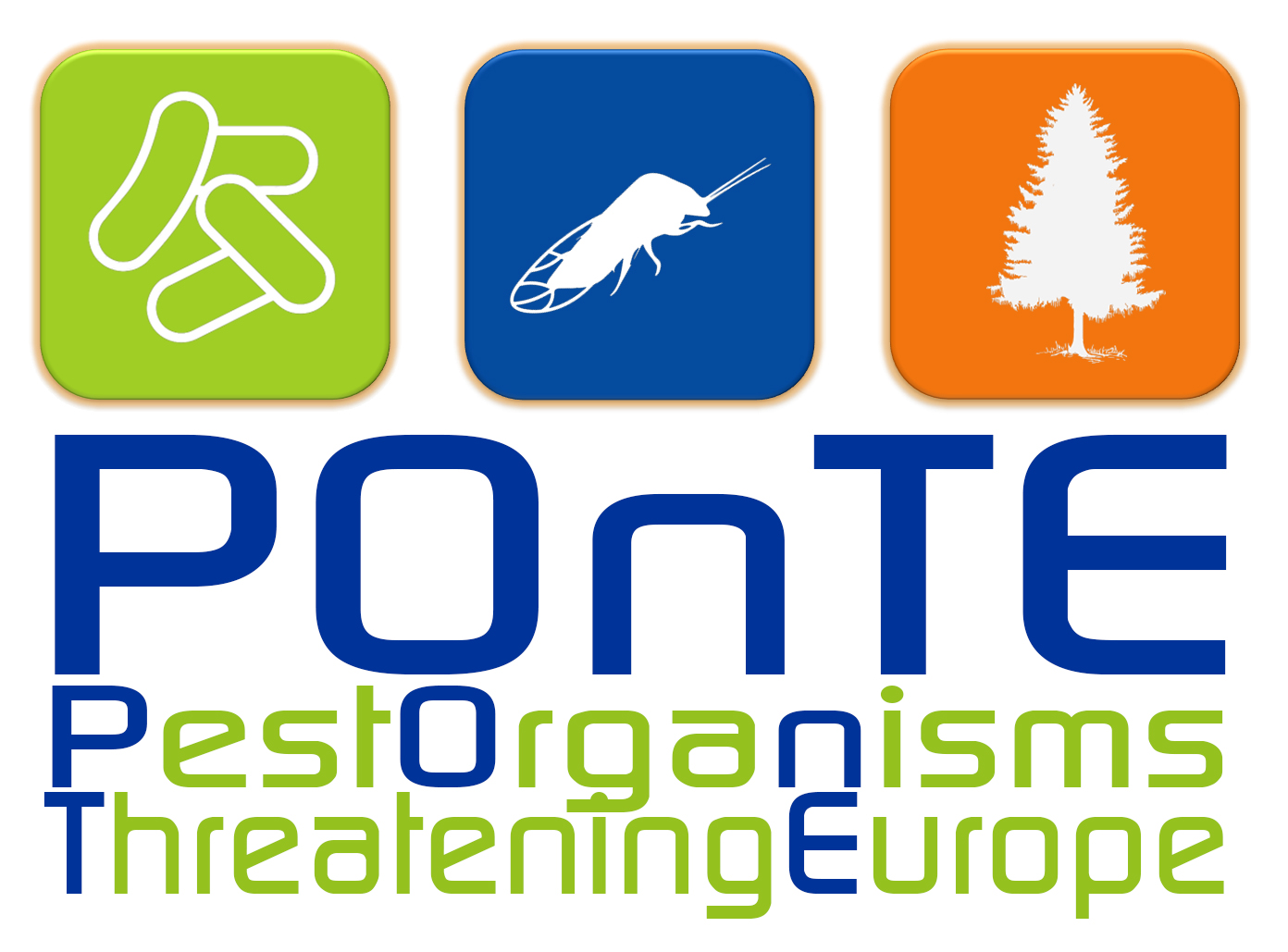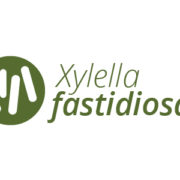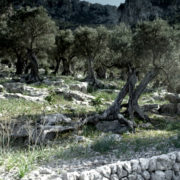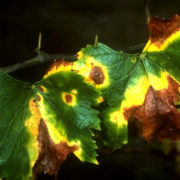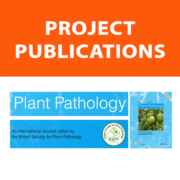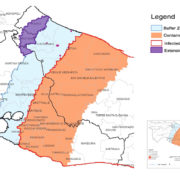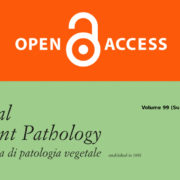Society, science, and Facebook: Xylella fastidiosa as a case study
Christian Colella, an Italian graduate student, wrote a very interesting article on the connection of science, the public, and social media platforms, using the X. fastidiosa epidemic in Italy as a case study. To download the article click here.
Here are a few comments about the article from Colella for context:
This article was originally written for the second International Workshop on Social Media Sensors “Sideways” held in Portorož in May 2016. The article we presented is mainly methodological. We show a methodological process that allowed us to interact with and directly observe a particular kind of behavior and discourse of local social media users. What interested us is how social networks act as a thermometer of social meanings and social relations. The case of the public awareness on the spread of the bacterium Xylella Fastidiosa and the Olive Quick decline Syndrome in Salento is particularly significant.
As social scientists and as anthropologists, our purpose was to grasp onto the social values behind the mistrust toward scientific research that social actors displayed through their personal and collective Facebook pages during the development of the case of Xylella Fastidiosa in Salento. How people reacted to it, what they say and what they think about this catastrophic plant disease, which affected the most significant plant in this region of Italy.
To sum up, the main question is why a natural event has seen the emergence of a range of conspiracy-like and pseudoscientific interpretations, and seeing them as a waste product of Ulrich Beck’s “reflexive modernity”. Of course, this work cannot serve as a comprehensive social analysis of the Olive Quick Decline Syndrome issue in Salento, but our hope is that a scientific resolution of this problem should take into account all the particular human variables that could be understood only through an anthropological and sociological analysis.
We face a phytosanitary problem that involves not only local farmers and environmental associations, but also local scientific research institutes. Two different poles, two different sides that cannot speak different languages. The intent of social sciences is to break down this “conceptual barricade” between science and society, hoping that a constructive and fruitful dialogue between political institution, science institutions and “natives” could be possible.
Christian Colella can be contacted at: c.colella2@campus.unimib.it
Originally published on October 11, 2016 by NATURE.BERKELEY.EDU/XYLELLA
